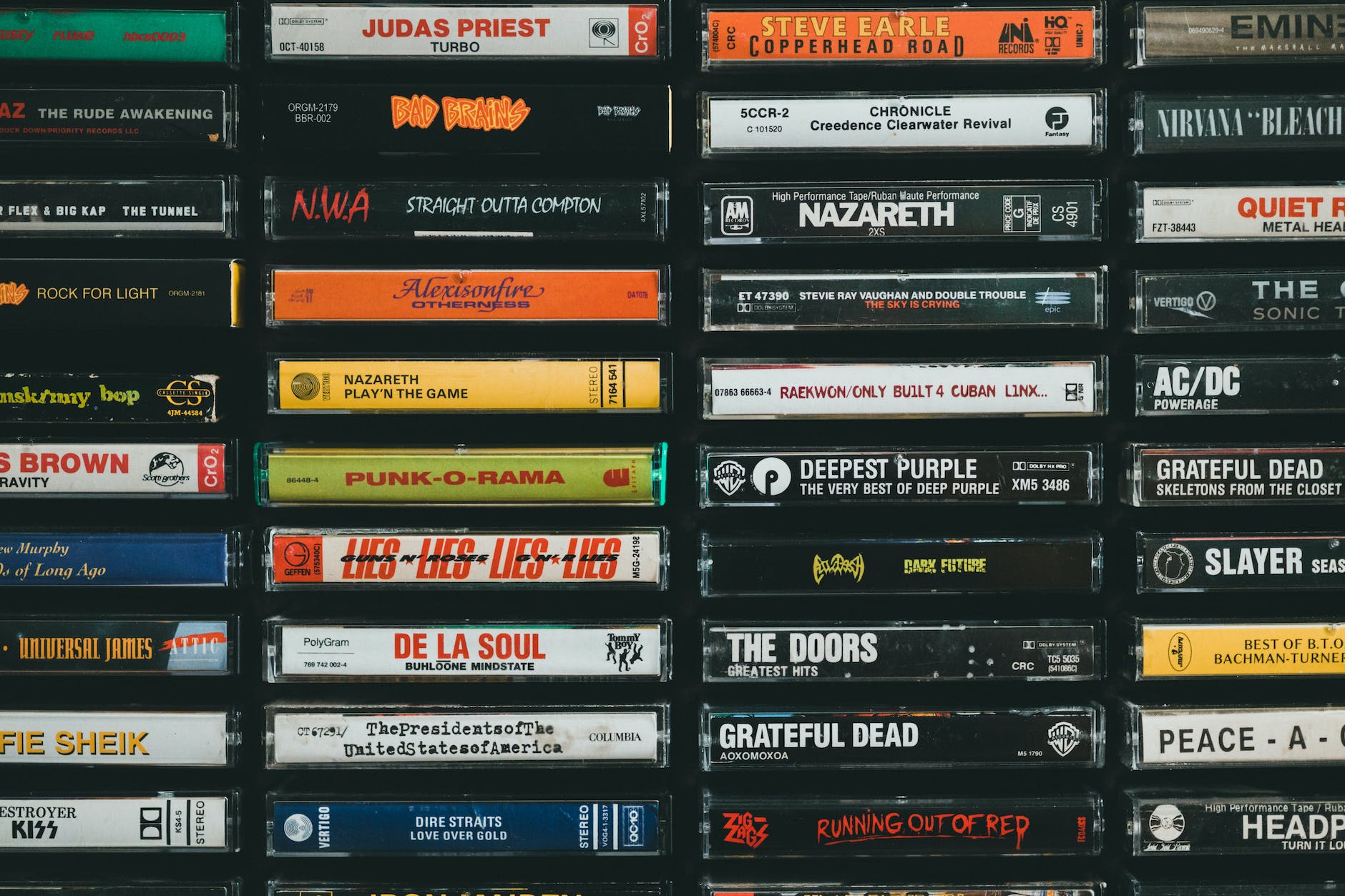Music is a crucial part of the human experience, affecting our moods, emotions and even our perceptions. The power of music also plays an integral part in psychedelic experiences, altering, amplifying, or guiding the journey of individuals under the influence of psychedelics. This exploration not only highlights the parallels between music and psychedelics but also reveals music’s influence on various components of the psychedelic experience, including auditory stimulation, soundscapes, trance states, synesthesia, sound therapy, meditation, transformative experiences, and psychedelic music genres.
Traditionally, music has provided a framework for healing and spiritual experiences across various cultures. Sound therapy is used in contemporary therapies, including those involving psychedelics. During psychedelic therapy sessions, music sets the mood and guides the experience of the individuals. As one study indicates, music combined with psychedelic substances enhances the therapeutic and transformative experience.
Auditory stimulation, essentially the process of actively using music to influence one’s mental state, is a substantial part of the psychedelic experience. Like psychedelics, music has the power to take listeners on a journey, to new dimensions of thought and emotion. The rich, multidimensional soundscapes elicited by music can harmoniously intertwine with the psychedelic experience, magnifying and manipulating the visual and emotional journey.
Synesthesia, a fascinating perceptual phenomenon where stimulating one sensory pathway triggers experiences in another, is often reported during combined music and psychedelic experiences. This phenomenon can be induced by specific psychedelic substances, evidenced in reports of individuals ‘seeing’ sound or ‘hearing’ colors. According to research, listening to music during the psychedelic experience can enhance synesthetic sensations, creating an even more immersive psycho-spiritual journey.
During such experiences, music also plays a vital role in influencing trance states, a type of altered mental state often accompanied by intense focus and relaxation. A study published in the Journal of Frontiers in Psychiatry shows that music can deepen the experience of these trance states under the influence of psychedelics.
Meditation, particularly mindfulness practices associated with attentiveness to the present moment, are heavily intertwined with music. Intriguingly, several studies have highlighted that music can enrich the psychedelic experience’s meditative aspects, offering a sense of serenity, transcendence, and self-reflection.
Finally, music and psychedelics go hand-in-hand in creating, influencing, and shaping entire music genres. Psychedelic music genres, such as psych-rock, psytrance, and space music, were borne from the psychedelic culture of the 1960s. These genres strive to replicate or enhance the psychedelic experience through atmospheric, often surreal soundscapes.
In conclusion, music and psychedelics, two diverse yet interconnected elements, can construct a profound, intense, and transformative experience. The harmonious relationship between sound and substance provides a unique and fascinating exploration into the human mind’s captivating capabilities.




